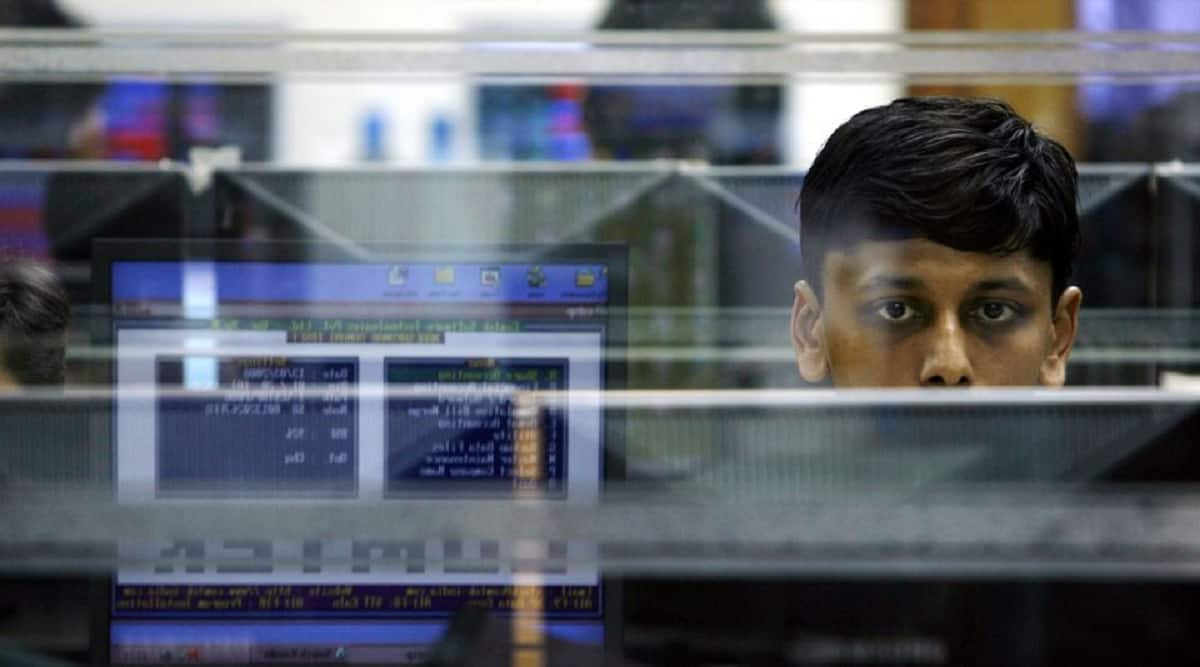
Have Indian equity markets decoupled? While the global equity markets have faced challenges, with declines of average 2.37% in last six months as against Nifty Fifty returns of 11.5%, India has managed to buck the trend and gain ground. The resilience and strength displayed by the Indian equity markets have led some to believe that they have decoupled from global trends.
This is despite heavy selling by Foreign Institutional Investors (FIIs), who have sold close to Rs 11,000 crore in October 2023 (till 17th October). Over the past three months, FIIs have been net sellers of Rs 58,256 crore. However, thanks to strong domestic liquidity and buoyant sentiments, most of the FIIs’ selling has been absorbed by domestic buyers. Domestic institutional investors (DIIs) have bought close to Rs 55,000 crore during this period, providing support to the markets. Despite some mutual funds halting fresh investments due to reasons like lack of fresh ideas and high valuations, Systematic Investment Plans (SIPs) alone are contributing close to Rs 16,000 crore of monthly inflows.
Also Read: What to do before buying gold this festive season
Geopolitical Risks Increase
Geopolitical risks have increased in recent days, with the world already coping with the impact of the Russia-Ukraine war and now the Israel-Hamas conflict, which has raised the probability of escalation on both sides. Iran, a major oil exporter, is considered to be backing Hamas.
An extended and large-scale war would have devastating economic consequences for the world, including disruption of global supplies, impact on manufacturing and trade, higher oil prices, and higher inflation. India and other countries that rely heavily on imports would be particularly vulnerable.
A possible disruption in the oil market and global supply has already sent crude oil prices towards the $100 mark, which could jeopardize global growth. India’s corporate earnings are particularly sensitive to oil prices, so higher oil prices could lead to erosion in margins and lower earnings expectations for the fiscal year 2024, impacting India’s valuations.
Central Banks Raise Interest Rates to Combat Inflation
Central banks around the world are raising interest rates in an effort to combat inflation, which has been spiking due to higher food and energy prices caused by supply chain disruptions. Higher interest rates make it more expensive for businesses to borrow money and invest, which could lead to slower economic growth.
Recently, the yield on 10-year US Treasuries, which is considered a benchmark for global interest rates, reached a 16-year high of 4.887%. Rates on US credit cards have also reached a 20-year high of around 21%. Higher interest rates not only hurt consumption, but also make bonds more attractive to investors, which could lead to a sell-off in stocks.
Additionally, in a high-interest rate scenario, global tactical money tends to shift from equity to bonds. This is already visible in the Indian equity markets, where foreign institutional investors (FIIs), which were big buyers in FY24, have turned net sellers during the last couple of months.
Globally, central banks expanded their balance sheets and kept interest rates lower to combat the impact of COVID-19, leading to strong global liquidity and money entering into risky assets like equities. Higher interest rates and monetary tightening measures taken by global central banks could impact this liquidity and other kinds of leveraged or tactical trades, impacting domestic equity markets. Back at home, we have already seen a humongous number of companies raising funds from the primary market. Indian promoters and insiders (pre-IPO investors) have been net sellers, with possibly the highest expectations in recent history in terms of valuations.
China: Hard landing or crash landing
China’s economy is slowing down, and the IMF expects it to grow at 5% in 2023 and 4.2% in 2024. This is despite repeated cuts in domestic interest rates. The stock market has delivered negative returns this year, and the government is considering forming a stabilization fund to support it.
A hard landing of the world’s second-largest economy could have a global impact, including on India. The Chinese property market is down, consumer confidence is low, exports are falling, and there are worries about growing property loans.
Property sales in China fell by 47% in the first half of 2023 compared to the same period in 2022. China’s GDP growth slowed to 2.8% in the first quarter of 2023, down from 4.8% in the fourth quarter of 2022. China’s unemployment rate rose to 5.8% in June 2023, the highest level since May 2020.
While it is impossible to say for certain whether China’s economy is crashing, there are many data points that suggest poor health.
Overall, one may believe that Indian equity markets have decoupled from global trends due to their resilience and strength, and caution is necessary. The global risk landscape has experienced significant changes, including geopolitical tensions, interest rate hikes, China’s economic slowdown, and stock market volatility. These risks have the potential to affect markets worldwide, including India, despite its relative outperformance.
(By Shrey Jain, Founder & CEO, SAS Online. Views are personal)


